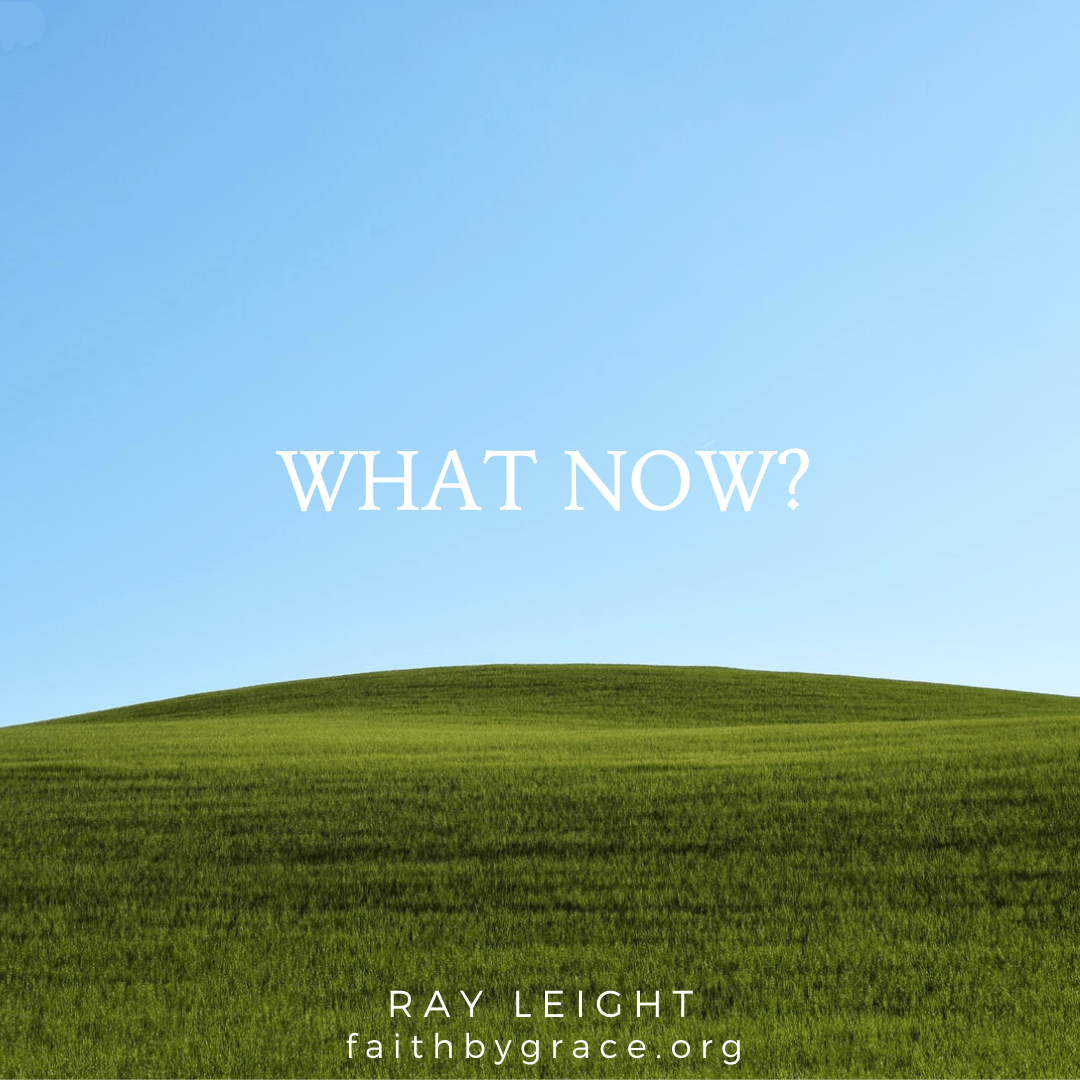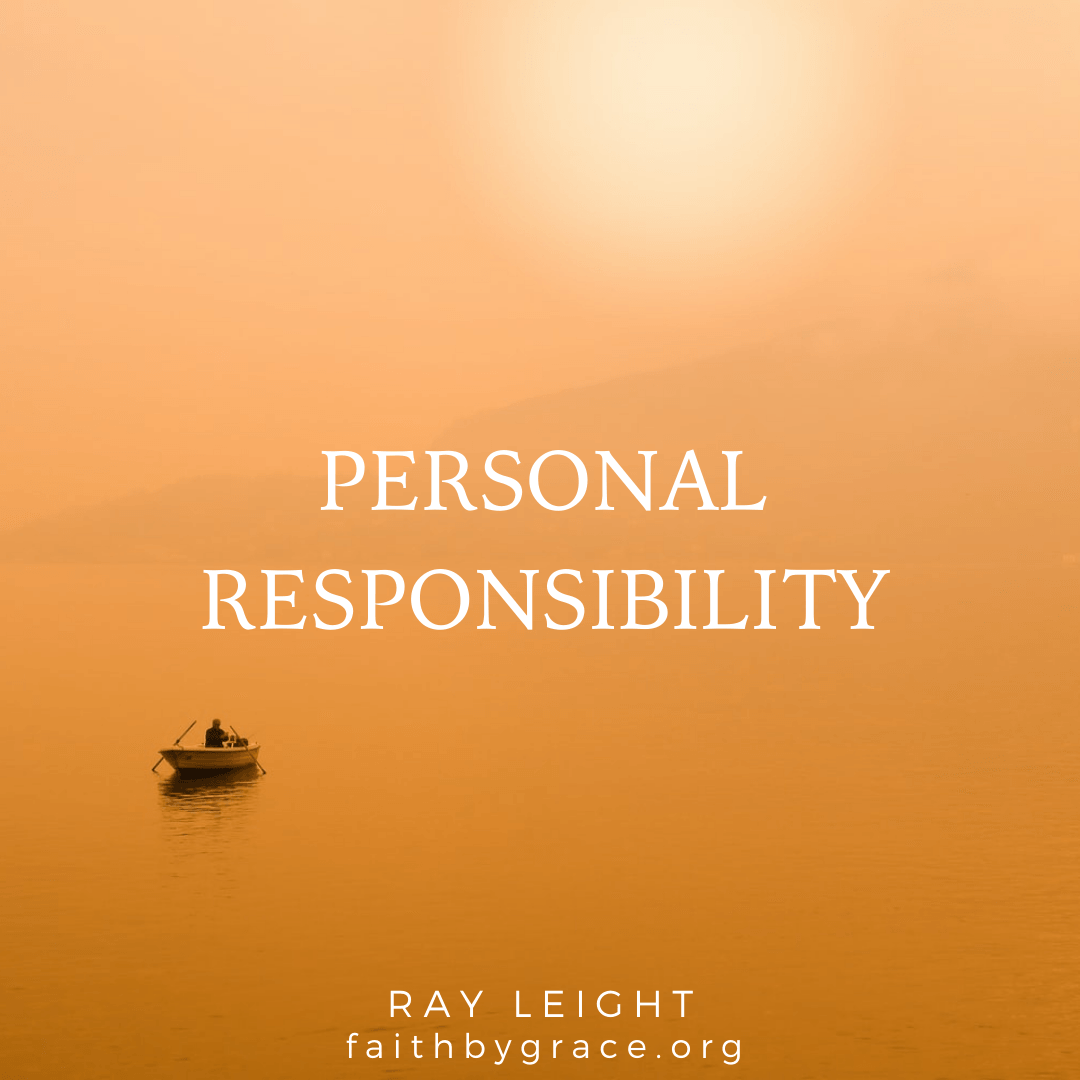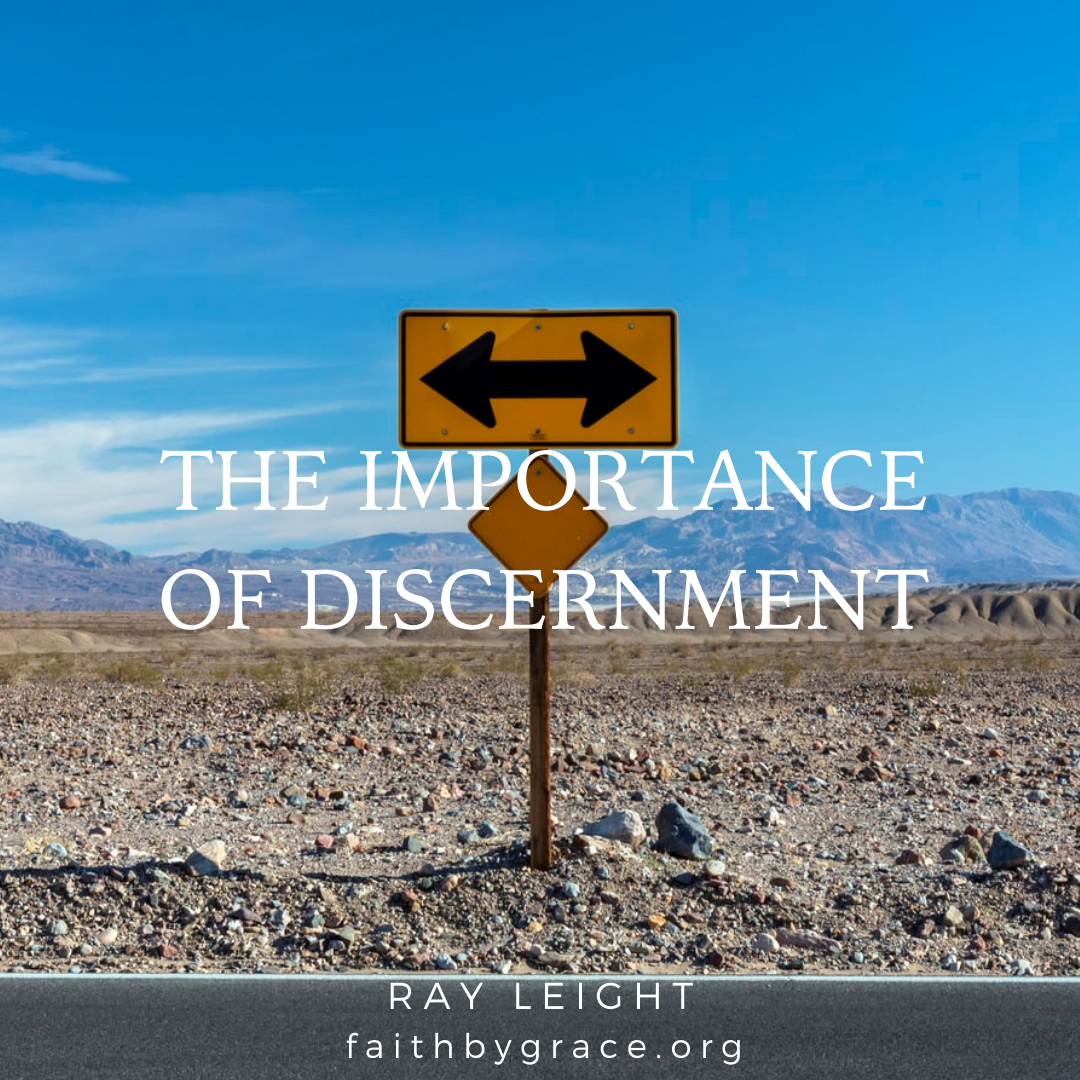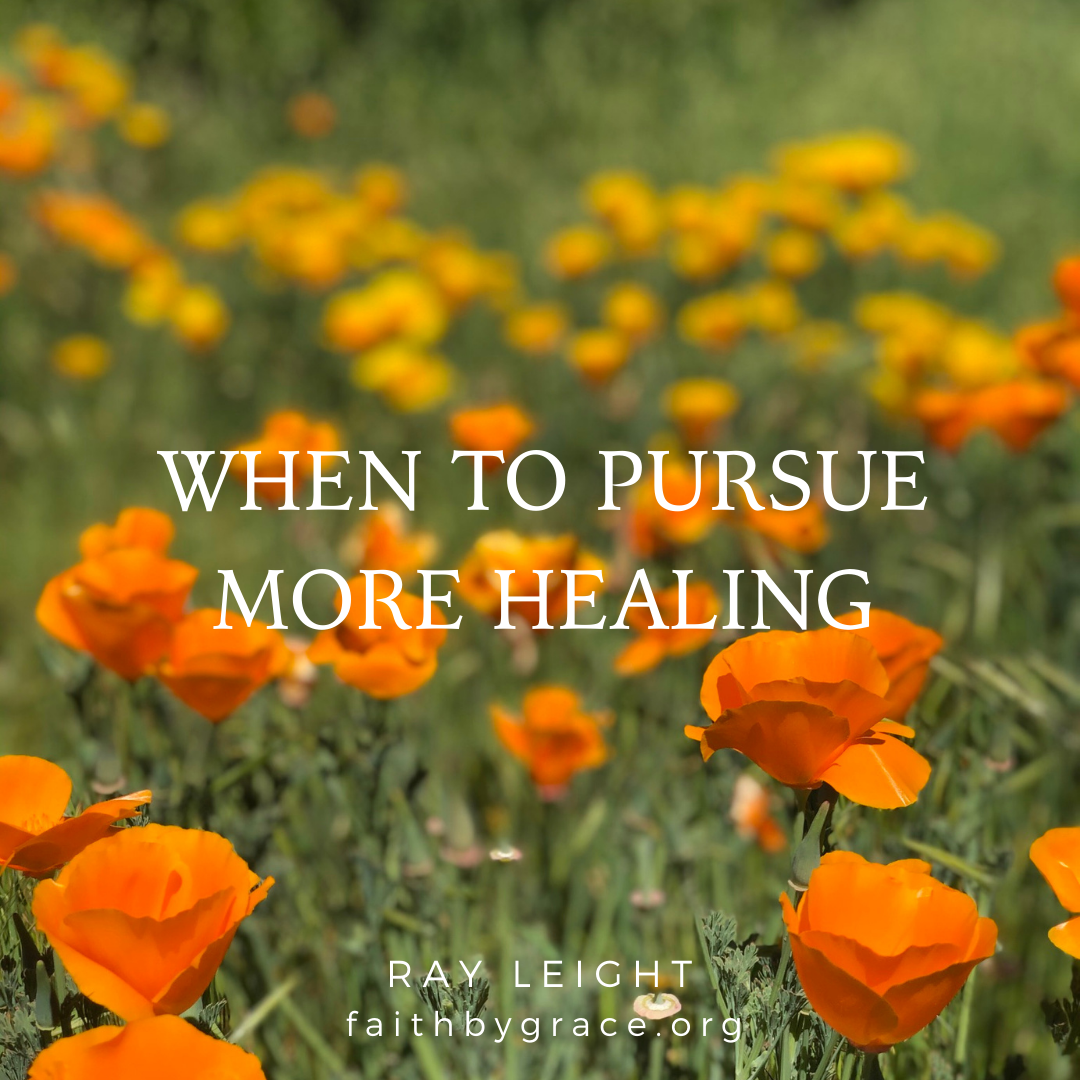Grieving an Abstract Loss
Not every loss we experience is tangible. Some losses are abstract or perceived. This blog is intended to help you acknowledge, grieve, and heal from those intangible losses.
You may have been dreaming of or hoping for something for a long time. You may have been planning and preparing for a family, a relationship, a career, an event, a degree, a purchase, or even an adventure, and now it is unattainable. These are real losses, even though they are not as tangible as others. I have worked with many people who were experiencing sadness without knowing why. When we would explore the reasons for the sadness, we would sometimes find the loss of a hope or dream. Often, this would even surprise the person because they had discounted the idea of being bothered by such an intangible issue. Since they had never processed it, the sadness and grief were still there. It doesn’t have to be a huge traumatic event that initiates a sense of loss and causes the need to grieve.
Years ago, while working with some of my coaching clients, I noticed that after they received healing and freedom, they began to grieve. This was an interesting phenomenon that I did not understand at first. What I discovered is that people will see more clearly once they are set free from old, dysfunctional relational patterns. Once they can see the relationship for what it really is, they may need to grieve the loss of what they had perceived the relationship to be. Not everyone experiences this type of loss when healing occurs, but when someone does, grieving is an important part of their healing process.
This was not the only abstract pattern of loss I noticed with my clients. I also found that sometimes when people received healing from more intricate and sophisticated self-protections, there would also be a need for grieving. Our systems of self-protection can become so familiar and trusted that there can be a sense of loss after healing. There can even be an experience of loneliness as we recalibrate to our new life without this self-protection. If you need or want more information about self-protections, my book Identity Restoration explains this topic.
I realize it is an odd concept that someone may need to grieve after receiving freedom and healing, but this is a real experience for some. Even in a good situation, like healing, there can be a need to let yourself grieve something you’ve lost. Remember, your loss doesn’t have to be tangible in order to warrant the need for grieving.
I have found there can even be a need to grieve something that you only perceived you had. Our perceptions are our reality. When we lose something very meaningful to us, that we only perceived we had, it can be a real loss. Experiencing this significant reality shift can be very jarring to us emotionally and can initiate a need to recalibrate and adapt to a new normal. The grieving process allows us to adapt to the new normal.
I personally experienced an abstract loss when my mother died. She was very difficult to be in relationship with. When she died, there was an aspect of loss just from losing her physical presence. She was the mother I had known all my life. But the grief that impacted me the most was losing the chance of having a healthy relationship with my mother. The possibility of that relationship was now gone. There was no way to have that now. This grief snuck up on me and caught me by surprise. I wasn’t even aware I was hoping for this until it was taken away. It was a real loss that I had to process.
Confronting these abstract losses is important. In these losses, the enemy can sneak in lies like, “this shouldn’t bother you,” or “this isn’t important.” It is so easy to discount the need to process a loss that is intangible. It isn’t even a “real” thing! The problem with discounting these losses is that it establishes a pattern of denial that may eventually be applied to the tangible losses as well. The pain and hurt from a loss that you have experienced, but not processed, can keep you from grieving new losses. This grief can build up and eventually reach a breaking point that will cause collateral damage to your life and your relationships. By courageously admitting and confronting your losses, you can process your grief, and experience the freedom and peace that are available in your new normal.
Unfortunately, we don’t always receive grace from others for this type of grief. Often others who don’t understand grief, or who deny their own grief, will try to tell us there is no need to grieve. Many of my clients have experienced shame and ridicule for being affected by experiences in their lives. The enemy may even use trusted people in your life to accuse you of things like, “you are too sensitive,” or “there is something wrong with you,” for acknowledging your pain. Confronting your pain and being honest about your feelings is not being overly sensitive, it is being brave.
As we are acknowledging our losses and confronting them, it is good to be aware of the unhealthy possibility of making our loss an identity. If this happens, we can get stuck in the loss and find ourselves unable to move forward. Even though loss can be excruciatingly painful, you are still more than what you have lost. If you find yourself unable to move forward in your process, and you are overwhelmed by your loss, I recommend seeking professional help.
I am not trying to promote the idea of looking for things to grieve. If you are experiencing freedom, peace, and joy, keep experiencing those! But if you are not, and you have been through some type of loss, then I recommend confronting these painful emotions by allowing yourself to process your grief. Denying your sadness, pain, and grief will never help you. Denial will never resolve your pain. It will only cause the pain and grief to be expressed in some unhelpful way. Believe me, it is easier to confront these losses now, rather than letting them build up and cause collateral damage.
If you seem to be experiencing any unexplained sadness, take a moment to ask God if there are any losses that you haven’t acknowledged or let yourself grieve. If so, give yourself permission to acknowledge the loss, process any emotions that come up, forgive as needed, and receive comfort from God. Remind yourself of His promises and let your heart be encouraged.
Freedom is available, and you can do this! Many people believe in you and are available to help you.
Blessings,
Ray
Sign Up for Finding a New Normal Resources












